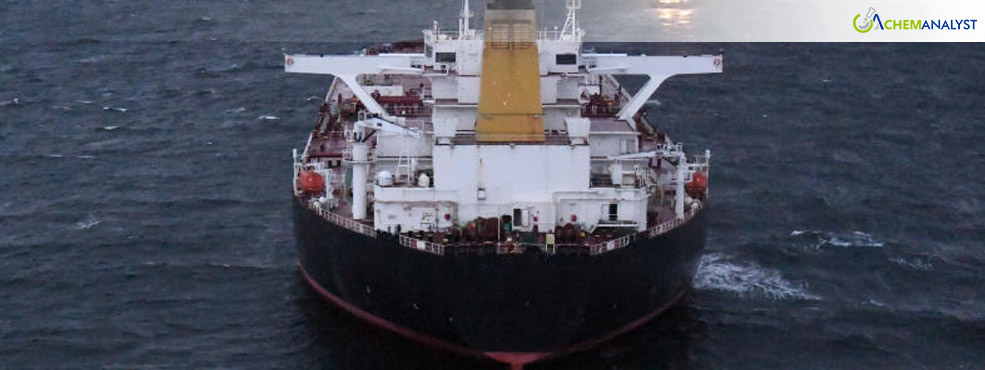Welcome To ChemAnalyst

Following United States’ sanctions imposed on Friday on Russia's energy sector, India has declared it will not allow entry to oil tankers sanctioned for transporting Russian oil. China has followed suit and declared that it will refuse port access to three sanctioned tankers carrying Russian oil.
Despite the immediate compliance, India is exploring alternative sources to potentially offset a future decline in Russian supplies. Negotiations for annual contracts with major Middle Eastern producers are underway, and India is looking to OPEC and other producers to increase output.
The sanctions also cast a shadow over the Vostok oil project, in which Indian companies hold stakes. The project's future remains unclear as the impact of the sanctions unfolds.
While India anticipates a two-month grace period with minimal disruption, the long-term outlook is less certain. Refineries may lose access to discounted Russian oil, potentially driving prices up. To navigate this uncertainty, Indian banks will require certificates of origin for Russian crude to ensure compliance with sanctions.
The US sanctions extend beyond tankers and producers, targeting insurance companies as well. This effectively isolates Russia from Western insurance and shipping services, further complicating its oil exports. However, the Indian official believes Russia will find alternative ways to deliver oil, possibly through deeper discounts to meet the price cap imposed by the Group of Seven.
Meanwhile, the sanctions have also impacted China, a major consumer of Russian oil. Shandong Port Group, a key player in China's independent refineries, has banned access to US-sanctioned tankers. This move could disrupt Chinese oil imports and raise costs for local refiners.
Three oil tankers carrying over two million barrels of Russian oil have been denied entry to Chinese ports and are currently waiting offshore in the Yellow Sea.
The tankers, the Huihai Pacific (Panama flag), the Mermar (Panama flag), and the Olia (Gabon flag), were en route to ports in Shandong province, carrying significant quantities of oil from Russia. However, they were added to the US sanctions list on Friday as part of Russia's "shadow fleet" used to circumvent existing sanctions.
The Shandong Port Group, which operates ports in the province, had already begun refusing docking and unloading services to sanctioned tankers on Wednesday. Another Russian vessel, the Cool Rover, carrying natural gas, is currently waiting off the coast of Portugal, having also been added to the US sanctions list.
The global oil market has already reacted to the sanctions, with Brent crude futures exceeding $81 a barrel, the highest since August 2024. This price increase could strain economies heavily reliant on oil imports.
We use cookies to deliver the best possible experience on our website. To learn more, visit our Privacy Policy. By continuing to use this site or by closing this box, you consent to our use of cookies. More info.
